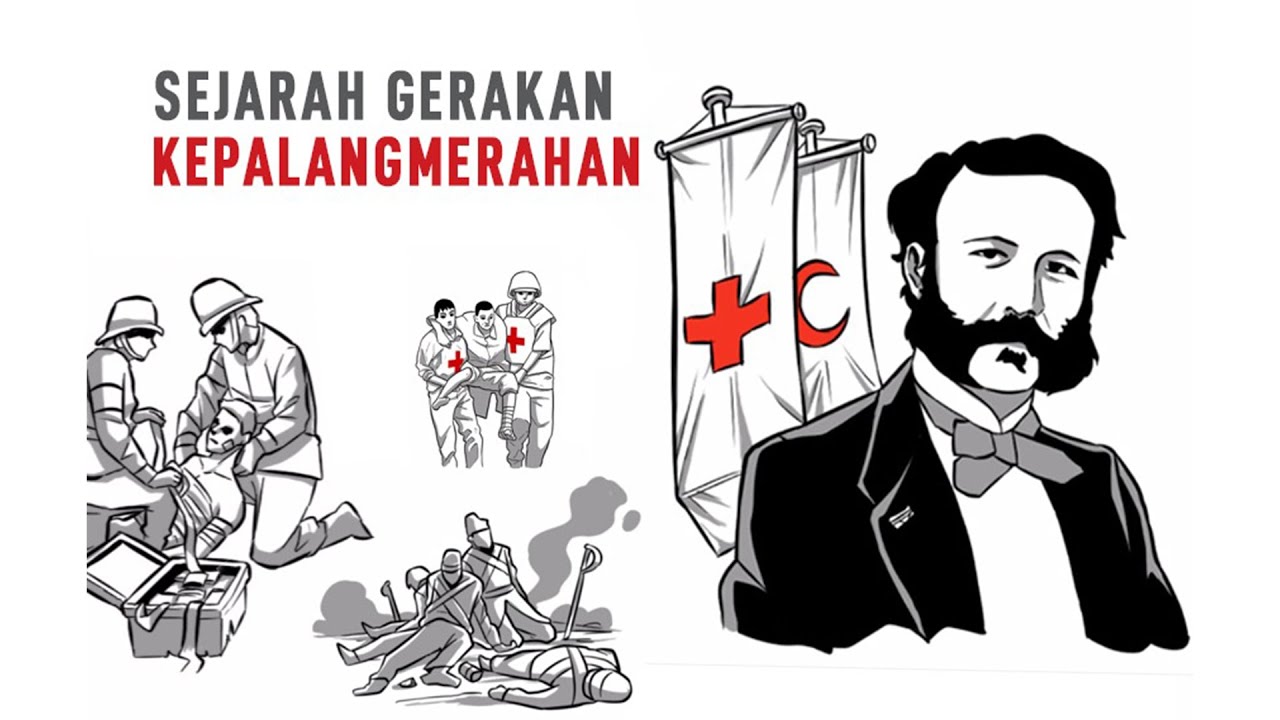Wawancara singkat tenaga expatriat ICRC - Oscar Susanto
Summary
TLDRThis transcript highlights an individual's humanitarian journey, beginning with their work with the Indonesian Red Cross (AC) in 2004, where they were sent to conflict zones like Ambon and Aceh. Their role evolved from providing aid during religious conflicts to supporting post-tsunami recovery efforts. The speaker shares their experiences working in challenging environments, including Afghanistan and Yemen, tackling economic issues and offering support to marginalized communities. They reflect on the personal growth, challenges, and cultural adjustments encountered in the international humanitarian field, emphasizing the importance of mental resilience and open-mindedness.
Takeaways
- 😀 The speaker joined AC in 2004, working as an Economic Security Officer in Indonesia during a period of conflict in Ambon and Aceh.
- 😀 Despite being new to the organization, the speaker was immediately deployed to Ambon during a religious conflict between Christian and Muslim groups, facing significant risks.
- 😀 The experience in Ambon involved humanitarian assistance, working alongside local and international partners, such as the Indonesian Red Cross (PMI).
- 😀 In addition to working in Ambon, the speaker participated in post-tsunami recovery efforts in Aceh in late 2004, providing essential support to those affected by the disaster.
- 😀 The speaker’s role involved assessing needs and providing humanitarian aid, including cash transfers and assistance to displaced people in various conflict zones.
- 😀 The speaker pursued a development studies degree in Australia in 2007, which helped deepen their understanding of global development and humanitarian work.
- 😀 After returning from Australia, the speaker was stationed in Afghanistan in 2007, facing new challenges and adapting to a very different work environment and culture.
- 😀 In Afghanistan, the speaker faced a steep learning curve, often being the youngest member of the team, and had to build trust with local staff who were significantly older and more experienced.
- 😀 Humanitarian work in conflict zones, especially in Afghanistan and Yemen, requires mental resilience and cultural sensitivity, as well as the ability to adapt to harsh living conditions and unfamiliar customs.
- 😀 The speaker’s current work in Yemen involves supporting marginalized groups affected by conflict, including offering cash assistance and agricultural support to help rebuild local economies and improve livelihoods.
Q & A
What motivated the speaker to join the humanitarian field?
-The speaker was motivated by a strong interest in working with international organizations and the field of development, specifically in humanitarian and conflict-related areas.
Why did the speaker first go to Ambon in 2004?
-The speaker was sent to Ambon as part of a humanitarian mission during the religious conflicts between Christian and Muslim groups in the region, which were occurring at the time.
What were some of the challenges faced during the mission to Ambon?
-One significant challenge was the ongoing conflict, which created a dangerous environment. There were also concerns about being trapped or unable to return to the base camp due to the escalating violence.
What role did the Red Cross play during the mission in Ambon?
-The speaker worked with the Indonesian Red Cross, using an ambulance to safely navigate through areas with violent conflict, helping to transport aid and provide support to the affected populations.
How did the speaker feel about the experience in Ambon?
-The speaker found the mission in Ambon to be memorable, despite the dangerous environment. The mission allowed for crucial humanitarian work and provided a chance to contribute during a time of crisis.
What was the next major humanitarian mission after Ambon?
-After Ambon, the speaker was involved in the relief efforts following the 2004 tsunami in Aceh, Indonesia. They spent several months providing support in the affected region.
How did the speaker transition from working in Indonesia to an international role?
-After gaining experience in Indonesia, the speaker received a scholarship to study in Australia, where they pursued a degree in development studies. Afterward, they returned to work in various international humanitarian missions.
What was the speaker's first mission abroad?
-The speaker's first mission abroad was to Afghanistan in 2007, where they worked with an international humanitarian organization during a time of conflict and instability.
How did the speaker adjust to working in Afghanistan, given the cultural and environmental challenges?
-The speaker faced challenges in adjusting to Afghanistan's vastly different culture and environment but relied on their international experience and open-mindedness to integrate and collaborate with local and international teams.
What are the current humanitarian programs the speaker is involved in, particularly in Yemen?
-The speaker is currently involved in several humanitarian initiatives in Yemen, including cash assistance programs for conflict victims and agricultural support programs that provide seeds, fertilizers, and financial aid to marginalized populations.
What personal qualities does the speaker emphasize as necessary for working in conflict zones?
-The speaker highlights the importance of mental resilience, the ability to adapt to new and often challenging environments, and maintaining an open-minded attitude towards cultural differences and local customs.
Outlines

This section is available to paid users only. Please upgrade to access this part.
Upgrade NowMindmap

This section is available to paid users only. Please upgrade to access this part.
Upgrade NowKeywords

This section is available to paid users only. Please upgrade to access this part.
Upgrade NowHighlights

This section is available to paid users only. Please upgrade to access this part.
Upgrade NowTranscripts

This section is available to paid users only. Please upgrade to access this part.
Upgrade NowBrowse More Related Video

How has ICRC's role changed over the years? - Inside Story

PMI - Lambang Gerakan oleh Dr Usiono MA Part 2

Diduga Jadi Korban Perdagangan Manusia, Pekerja Migran Asal Cikampek Ini Minta Pertolongan!

BAKAT TERPENDAM BANGSA INDONESIA YANG HARUS DIKELUARKAN KE GLOBAL !! GIta Wirjawan - B MEDIA PODCAST

Materi Gerakan Kepalangmerahan PMR

Sejarah Gerakan Palang Merah dan Bulan Sabit Merah
5.0 / 5 (0 votes)